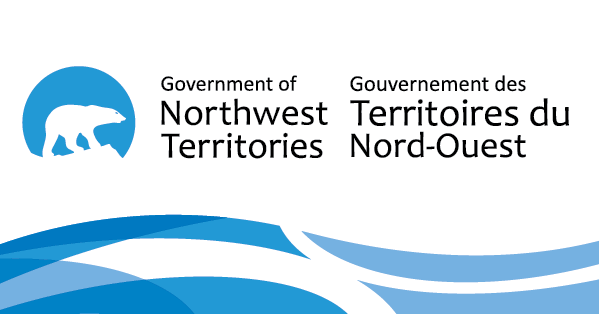Check against delivery
Mr. Speaker, when students have food security, they can focus on learning, growing, and participating within their school communities; and most importantly, on being kids.
To help students succeed, the Government of Canada and the Government of the Northwest Territories are working towards signing a three-year funding agreement that will support the expansion of the NWT school food program: Healthy Food for Learning.
Once signed, this new agreement will provide a significant and important boost to the program, creating real results for students and families across the territory. Since 2015, the territorial government has continually invested $650,000 annually into this program.
This agreement is part of Canada’s broader National School Food Program plans, which will invest $1 billion over five years across the country, with the goal of providing meals to up to 400,000 more children every year.
Following portion will be spoken in French
[Mr. Speaker, this is important work, and the Department of Education, Culture and Employment has been collaborating with education bodies to ensure we get it right. Their input has been integral as we develop an action plan, which will guide the implementation of the agreement and keep us on track to meet the goals.
With the high cost of groceries, the new funding agreement will help provide relief to families experiencing pressures of food insecurity and socio-economic challenges.
All 49 NWT schools, and all Junior Kindergarten to Grade 12 students, have access to the Healthy Food for Learning Program as needed so families can feel confident that their children will receive substantial and nutritious meals and snacks at school.
Mr. Speaker, the Healthy Food for Learning program was originally developed in 2015 as part of the NWT Anti-Poverty Strategy and NWT schools have played a pivotal role every step of the way.
Schools have shared wise practices for what a successful school food program looks like for them. This has included partnering with local grocery stores, government departments and businesses, and enabling students to play an active role; for example, in growing the food in school gardens. Elders and community members have also been involved in traditional food preparation.
Ensuring that all students have consistent access to healthy meals is vital as we work towards improving student outcomes and providing all Northerners with the best possible start in life.
I look forward to finalizing this agreement and sharing the details alongside the Government of Canada, in the coming weeks.
Thank you, Mr. Speaker.]

